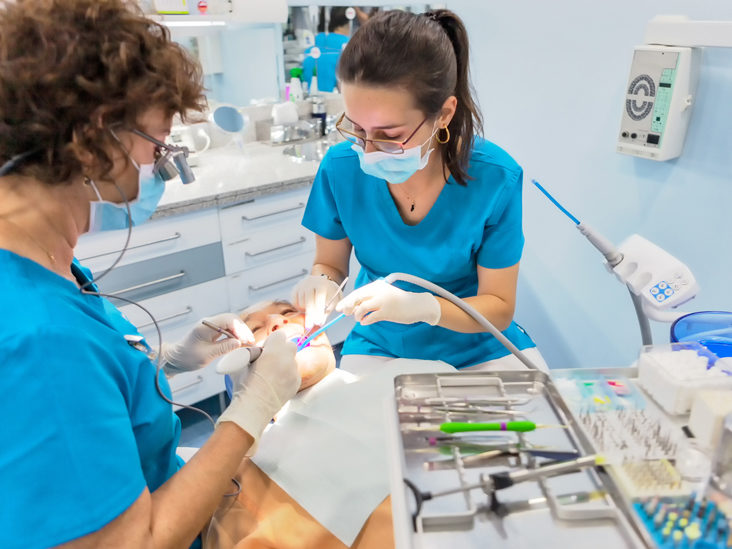Table of Contents
If you’re considering getting braces for your teeth, there are several factors to consider. Your lifestyle and preferences will determine the type of orthodontic treatment you need. Your orthodontist will help you find the treatment that is right for you.
Dental Specialties
In the United States, there are thirteen recognized dental specialties. Each specialty has its own unique set of skills and responsibilities. The specialty you choose will ultimately determine your career and work. There are several advantages to pursuing a particular specialty. These advantages include specialized education and the chance to specialize in a field you enjoy.
Orthodontists specialize in the field of dental anatomy. These specialists treat a variety of dental problems and can also perform reconstructive facial surgery. For example, a Lone Tree Orthodontist can perform procedures that repair facial deformities and treat diseases that affect the teeth, jaws, and facial bones.
Oral pathology:
Oral pathology is an investigative specialty within dentistry. This discipline studies diseases of the mouth and facial regions through microscopic and biochemical examinations. This specialty is recognized by the American Academy of Oral & Maxillofacial Pathology.
Oral and maxillofacial radiology:
Oral and maxillofacial radiology uses X-rays to produce images of the mouth and facial regions. They also perform diagnostic procedures to determine underlying conditions.
Dental specialties vary in terms of pay. Dentists in the field of oral and maxillofacial surgery typically earn the highest salaries, but other dental specialists also earn more. Orthodontists and endodontists are other popular specialties. Dentistry is a great career choice for those with a strong interest in promoting oral health. There are a variety of dental specialties available, and each requires extensive knowledge of the different aspects of dentistry.
Training Options
If you enjoy working with your hands and have good stamina, a career as a dentist or orthodontist may be for you. However, before deciding which dental school to attend, it is essential to learn about the educational requirements and how to get in. A good grade point average and participation in extracurricular activities are crucial to your admission. You can also gain valuable clinical experience to improve your chances of admission.
Training for either of these careers will require a dental degree. While in school, take health classes and join science clubs. Moreover, you should develop management skills to manage a practice efficiently. This will enable you to maximize profitability while providing quality patient treatment.
General dentists can offer orthodontic services to their patients as a sideline. However, becoming an orthodontist is a specialty that requires additional years of education after dental school. Orthodontists have extensive knowledge about dental procedures and can help their patients get their dream smiles.
Training for an orthodontist typically takes three to five years. During this time, prospective orthodontists receive intensive training in dental and facial development science. Upon completing their training, orthodontists will have performed hundreds of treatments and have a thorough understanding of their specialty.
Choosing between a dentist and an orthodontist
While a dentist can provide general dental care, orthodontics requires additional education. Unlike a general dentist, an orthodontist focuses exclusively on the jawbone’s health and the teeth’ alignment. An orthodontist can recommend the best treatment option if you have a misaligned bite or are looking to straighten your teeth.
While most general dentists undergo training in orthodontics, an orthodontist must complete two to three years of post-doctoral study to specialize in this field. According to the American Association of Orthodontists, only one out of every 15 applicants is accepted into an orthodontic residency. This post-doctoral training emphasizes facial and tooth movement, so you can expect a higher standard of care from a top-rated orthodontist.
In some states, dentists can practice orthodontics without completing a residency. In these states, dentists can advertise that they offer orthodontic services. However, the difference in training means that dentists may not be as skilled as orthodontists.











